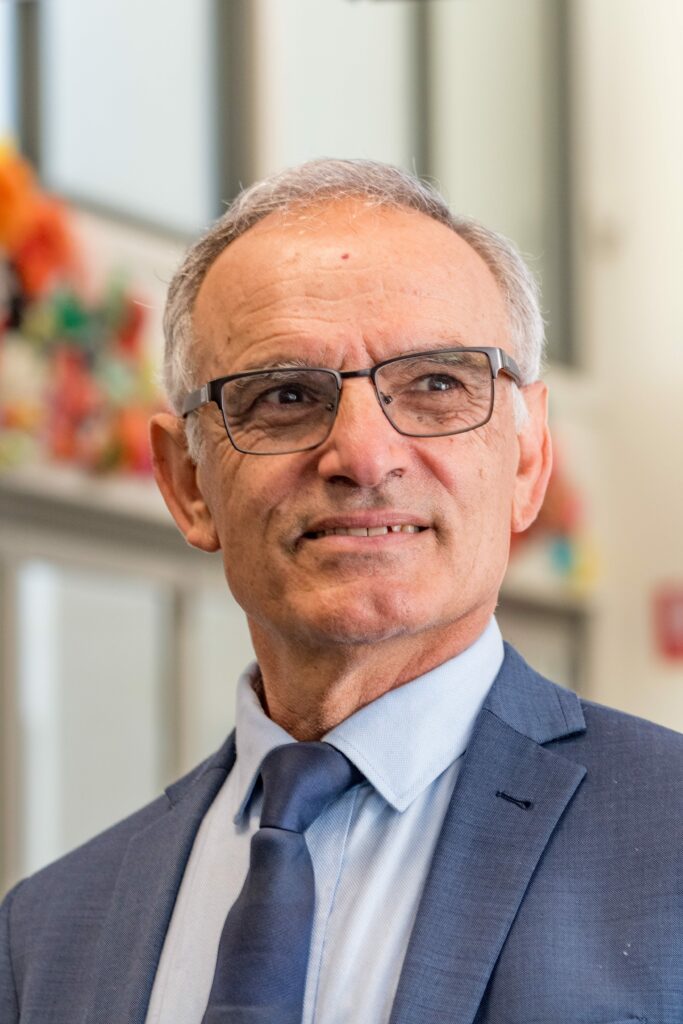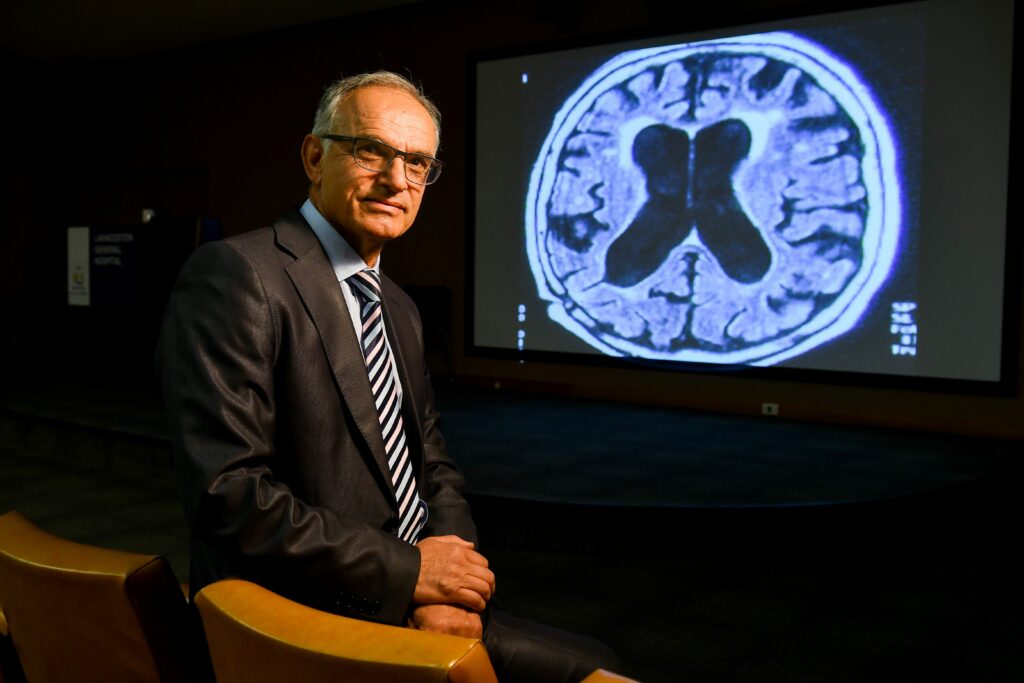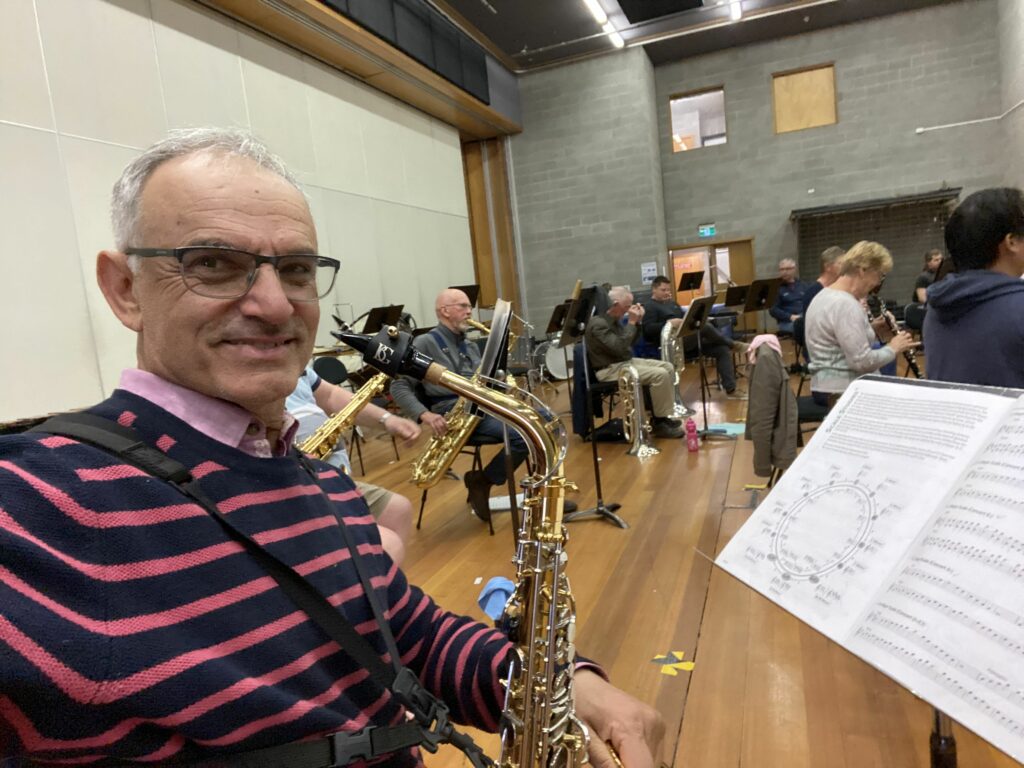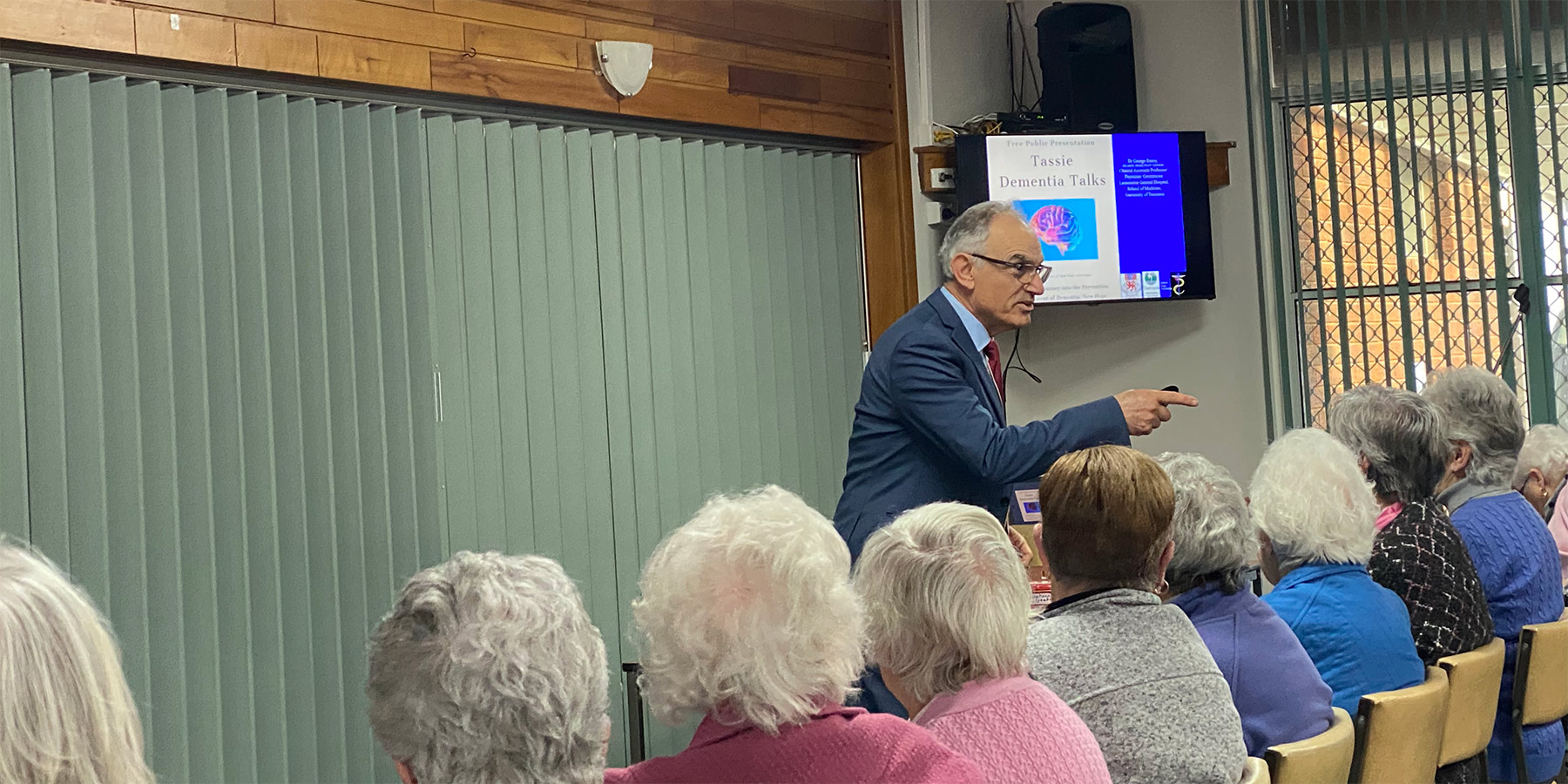I have always been passionate about politics throughout my life, but I am not affiliated to any party or political ideology.
During my 40-year career, I have spent the last 25 years working as a General Physician and Geriatrician in a busy medical ward at the Launceston General Hospital.
In addition, I provided assessment for the diagnosis and treatment of memory disorders and dementia, and conducted research into the risk factors, diagnosis and treatment of Alzheimer’s disease and a treatable form of dementia called Normal Pressure Hydrocephalus. I have also provided education not only to the medical professionals but also to the wider community. All of these have given me the greatest joy because it emphasises serving the community and helping others.
Despite several changes in the way we practice medicine in the hospital over the years, I have always enjoyed my job and found it a very satisfying and rewarding occupation. I am one of the few Clinicians who is not only a full time Physician but also a Researcher and Educator.

I believe that the research I have undertaken over the years has contributed greatly in increasing our understanding of aetiology of Alzheimer’s Disease (AD) by identifying some of its risk factors. My research was the first to identify a link between AD, obesity and the metabolic syndrome. The importance of my research was highlighted in the Global Burden of the Disease 2016 which was published in Lancet Neurology 2019. An analysis of all the Dementia research between 1990 and 2016 found only 4 risk factors that might have a causative role in AD, and 3 of them had been reported by the Launceston Alzheimer’s disease risk factors study. Moreover, we reported the first random placebo-control study showing that exercise improves cognition and physical function in patients with AD.
In addition, my last publication into the incidence, diagnostic criteria, and treatment for idiopathic normal pressure hydrocephalus (INPH), may have major implications in the way we diagnose and treat Dementia. This is the first study to report that INPH is more common than previously thought. Most people think it is a rare cause of Dementia accounting for only 1 to 2% of Dementia cases. However, in this study, at least 15% of patients with cognitive impairment have INPH. The study also reported a simple diagnostic tool to help medical practitioners diagnose the condition. The importance of my research into INPH was highlighted by Gary Gronseth , Professor of Neurology, University of Kansas, and member of steering committee which published a paper recommendation for the diagnosing and treatment of NPH. He looked at the effectiveness of shunt surgery in NPH and found only 3 class III studies including the 2009 Launceston INPH study that showed shunt surgery is beneficial.
I believe that the research I have undertaken over the last 25 years have helped greatly in changing the stigma toward dementia in general and AD in particular in Northern Tasmania. This has been the results of providing assessment, diagnosis and treatment through the Memory Disorders Clinic, conducting high quality research, and providing education to the public. Last year I gave 14 free public presentations as part of the “Tassie Dementia Talks” about my personal journey into the prevention and treatment of Dementia. These included Hobart Town Hall, Launceston Town Hall (2), Sheffield Town Hall, Huon Valley Hub, Huonville, Kingborough Community Hub, Kingston, Mathers House, Hobart, George Town, The Probus and the Lion Clubs in Bridport, Windsor community hall in Riverside and the South Launceston Rotary Club. I also gave presentations during the 2021 Senior Week at Newnham, Lilydale, Mowbray and Ravenswood. All of these helped greatly in giving people hope that dementia, AD and INPH can be prevented and treated.

In my presentations, I often tell people “The older you get, the harder you should work”. I also say, “It is important to take on new challenges in life, something you never tried before as long as you enjoy them”. For me, politics seemed a natural choice because it will give me an opportunity to continue serving my community.
When I mentioned my interest in politics, I often got responses such as: Are you mad? You are too nice to get into politics, or We agree with what you say but why don’t you do something about it? My experience as a doctor in a hospital setting is a small representation of the whole community working with all types of people who are hard-working, kind, and caring. I am proud that I have and am still enjoying my work and feel honoured when they call me “the Happy Doctor”. Politics is no different than medicine, it is about getting the job done, helping, and representing my community with honour and dignity. I am entering politics because I feel I can make a difference and have a lot to contribute, and it will give me an opportunity to continue serving my community. If you are dedicated and passionate and with the support of others, we can achieve many of our goals.

I believe that we are entering a new era of changes, away from the old organised and tribal mainstream politics and into real diversity in political ideas including respectful debates. We need parliamentarians who put the interests of the community ahead of the interests of the few. That is the best way to create a happy and harmonious community. Australia prides itself on being the most egalitarian, fair dinkum society and a fun-loving, larrikin land. We need to reclaim the Australian ethos and become more active in caring for each other. Australians want to be given hope and a better future not just for them but for their children and grandchildren.
Professional Achievements
- 2021 Tasmania Australian of the Year Nominee
- Establishment of the Memory Disorders Clinic and the Dementia Research Centre at the Launceston General Hospital in 1997
- Involvement in research that was the first to report:
- A link between obesity, abdominal obesity, the metabolic syndrome and Alzheimer’s disease
- Improvement in cognitive and physical functioning following a community-based exercise program in patients with Alzheimer’s disease
- Higher incidence of normal pressure hydrocephalus, a treatable form of dementia, and that shunt surgery improve cognition, balance and gait
- Active in raising funds for the Clifford Craig Foundation
- Patron of B4X Group, whose main aims included promoting healthy living and raising funding for medical research
- Providing education to the community through regular lectures to medical practitioners and health care workers
- Giving free public “Tassie Dementia Talks” presentations around Tasmania
Advisory Consultant
I was the Tasmanian representative in the Clinical Reference Group of the Australian Health Minister’s Advisory Council (AHMAC) Care of Older Australians Working Group (COAWG). I actively participated in the development of several projects in 2003-04.
I was also a member of the Clinical Reference Group, which was part of a consultation groups that produced Tasmania Dementia Care Plan 2000 and beyond. This addressed local issues relevant to people with dementia and carers and presented future directions and opportunities for Tasmania.
I also participated in a state-wide review of geriatric and rehabilitation services and submitted a report on the Northern Region Services in 2002.
University of Tasmania
I have provided a high quality of research, as measured by the number of presentations in national and international conferences (44) and publications in academic, peer-reviewed medical journals (17) with large number of citations. This has made a significant contribution to the advancement of scientific understandings of Alzheimer’s Disease and Normal Pressure Hydrocephalus, contributing to our knowledge of the prevention, diagnosis and treatment of Dementia.
I have contributed greatly in providing teaching and education to medical students, hospital doctors, medical practitioners, health care workers, and the community. I have taught medical students on geriatric topics especially Dementia in a variety of settings, including teaching in the classroom, at the bedside in the hospital and outpatient clinic for over 25 years. I pride myself on teaching and have received great feedback from medical students. Some comments include:
“Great and excellent session, very engaging, brilliant presentation and a lot of interaction and extremely relevant material, learned heaps and very entertaining.”
“Dr Razay is a great teacher and hopefully we will have him for more tutes. Best yet. Great student interaction and everyone got involved, one of the best presentations we have had.”
“Dr Razay gave very enthusiastic, involving and engaging presentation that was a pleasure to participate in. You are ‘the bomb’.”
Tasmania Australian of the Year nominee 2021
My commitment and contribution to Tasmania was highlighted through my nomination for 2021 Tasmania Australian of the Year. Senator Helen Polly wrote to me congratulating me on my nomination and added that “Your work as a physician and researcher has changed the way doctors are diagnosing Dementia. Because of your work, less people are being misdiagnosed with Alzheimer’s Disease or Vascular Dementia”.
The Hon Elise Archer, MP, Attorney General, congratulated me adding that “The nomination is a fitting and well-deserved recognition of your significant contribution to your local community and indeed, Tasmania”.
Rosemary Armitage MLC, Independent Member for Launceston, also wrote to me” your extensive work in Dementia research and with our health organisations emphasises what important medical research work is being done here in Tasmania”.
